Work Package 7: Project Management and Coordination
The main objective of WP7 is to set up and provide an effective management framework for the SOS-Water consortium to ensure coordination, achievement of project objectives, and meeting contractual commitments. It also handles the cooperation with related projects and the setup and exchange with the key Stakeholders. WP7 is led by IIASA (coordinator) with significant contributions from EUTEMA-RS (Project Management Team). WP7 includes 5 tasks.
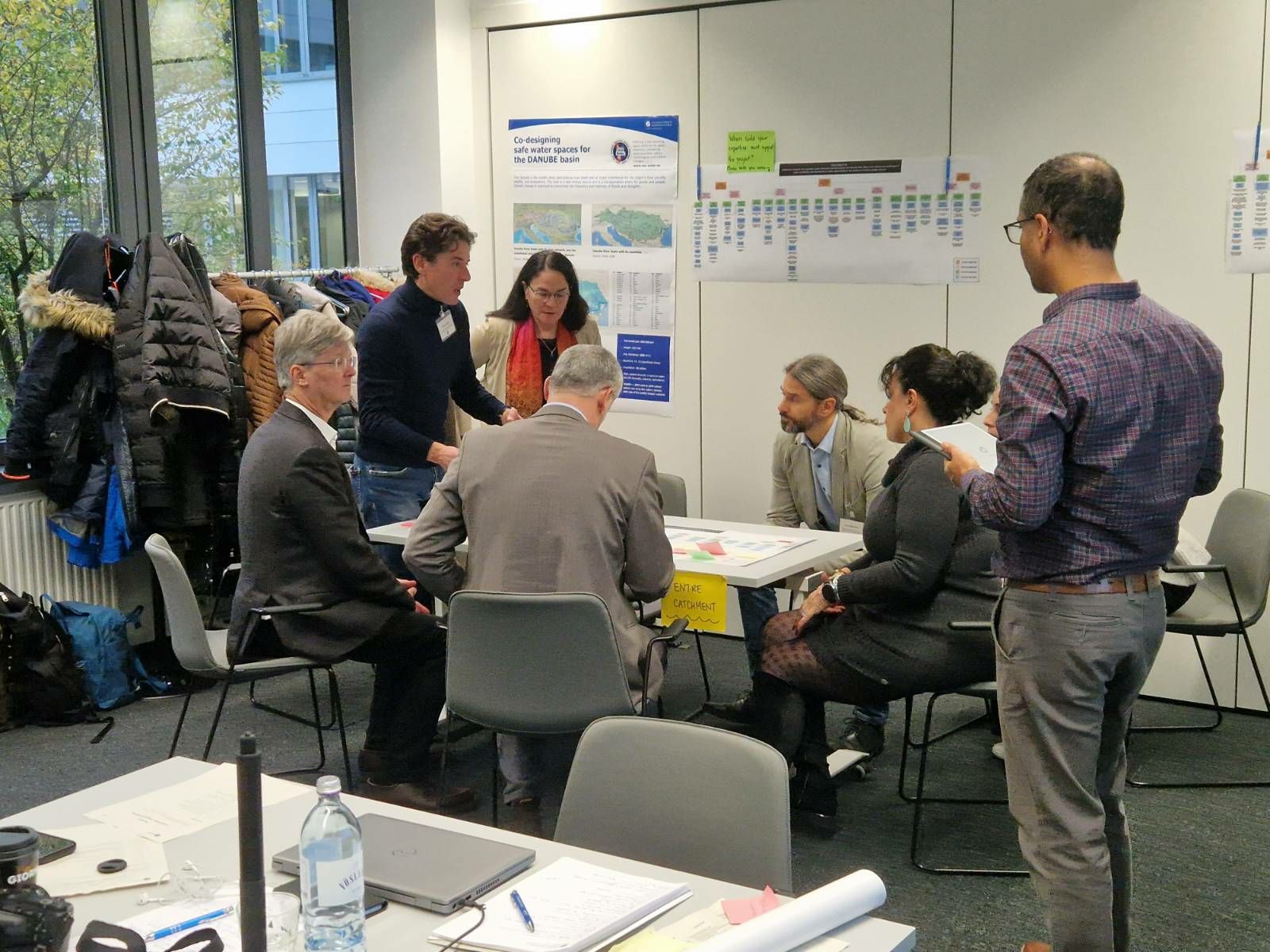
Explanatory video for Work Package 7 with Principal Investigator & WP-leader Taher Kahil from the International Institute for Applied Systems Analysis in Laxenburg, Austria
Task 7.1: Project Governance, Coordination, and Strategic Decision Preparation (M1-M48)
- Lead: IIASA, EUTEMA-RS
- Description: IIASA, with the Project Management Team, will lead activities to prepare strategic and high-level decision-making by the SOS WATER General Assembly and Executive Board. The management structure is based on proven models from managing FP7 and H2020 projects. A “Project Management Guidelines Handbook” will clarify management procedures, including decision-making, financial issues, project revisions, budget reallocations, and consortium changes. This task also covers project governance, including communication with the EC, moderating decision-making processes, supervising timely implementation, maintaining the Grant and Consortium Agreements, and financial administration and periodic reporting of the consortium. The outcomes feed Deliverable D7.1.
Task 7.2: Scientific, Technical, and Administrative Project Management (M1-M48)
- Lead: IIASA, EUTEMA-RS
- Description: Scientific and technical management and coordination will be led by the Coordinator (IIASA) with support from the Executive Board (including all WP leaders) and the Project Management Team (EUTEMA-RS). The Executive Board’s technical management responsibilities include coordination, conflict management, progress monitoring, quality assurance, and coordination with stakeholders and related projects.
- Progress Monitoring: IIASA will monitor WP and task progress and oversee the general workflow. It will also monitor identified risks and follow up on their mitigation. In case of deviations from the work plan, IIASA will propose and follow up on remedial actions. EUTEMA-RS will set up dedicated progress indicators to efficiently control progress and anticipate critical deviations.
- Reporting: IIASA, supported by EUTEMA-RS, will implement all contractual periodic and interim reports (technical and financial) according to EU requirements and internal procedures, collecting and integrating partner contributions, checking reported results and cost claim justifications, and handling communications with the EC.
- Day-to-Day Management/Contact Point: The Project Management Team will ensure the operational day-to-day scientific, technical, and administrative project management and provide an administrative helpdesk for the consortium. The outcomes feed Deliverable D7.1.
Task 7.3: Data Management (M1-M48)
-
Lead: IIASA, with support from WP Leaders and EUTEMA-RS
- Description: IIASA, supported by relevant WP leaders and EUTEMA-RS, will set up procedures and documentation for proper research data handling as per FAIR principles. A Data Management Plan (DMP) will specify all relevant aspects of data acquisition, sharing (protocols, standards), storing/archiving, and publishing (open access). The first version will be prepared by M6 and approved by the General Assembly. The plan will be maintained and updated by IIASA and EUTEMA. The outcomes feed Deliverables D7.2-7.4.
Task 7.4: Quality Management (M1-M48)
-
Lead: IIASA, with support from WP Leaders and EUTEMA-RS
- Description: IIASA, with the assistance of all task and WP leaders, will perform internal reviews of each deliverable report to ensure quality content and compliance with required formats. The outcomes feed Deliverables D7.2-7.4.
Task 7.5: Cross-Project Cooperation (M1-M48)
- Lead: IIASA, EUTEMA-RS
- Description: SOS WATER will engage in clustering activities with other projects funded in the same call for proposals and other relevant projects. From the project’s start, SOS WATER will aim to establish joint or back-to-back meetings with related projects, allowing for cross-project exchange and stimulation. Joint events, such as public workshops, will be organized (at least one per year) whenever possible, and regular video conferences between project coordinators will facilitate clustering activities efficiently. The SOS WATER coordinator will contact coordinators of related projects to establish a common cooperation cluster for regular exchange. The outcomes feed Deliverable D7.5.
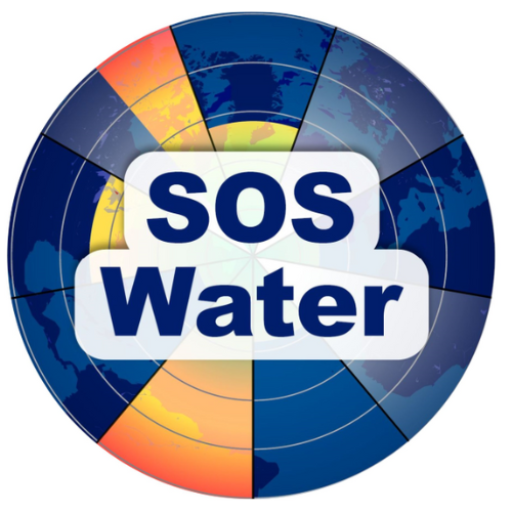



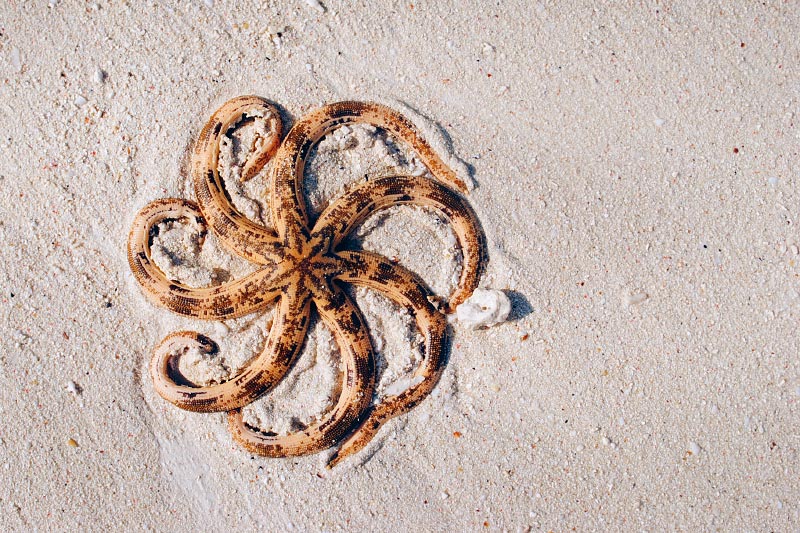

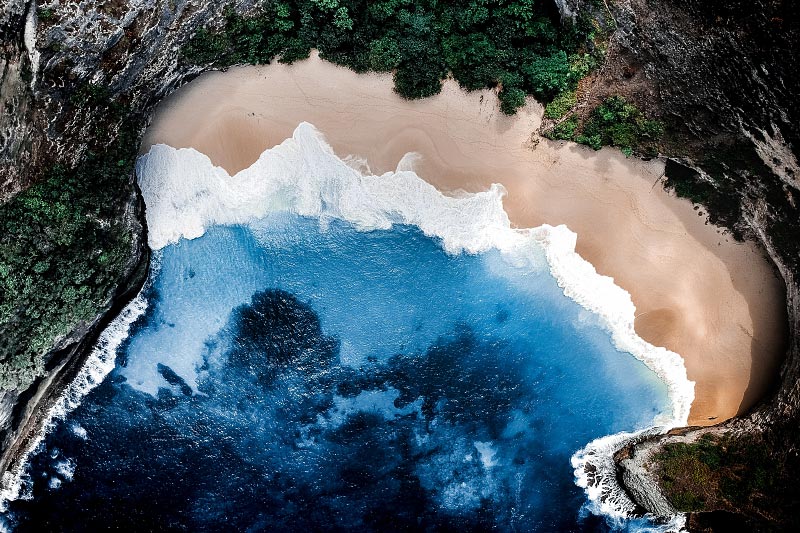
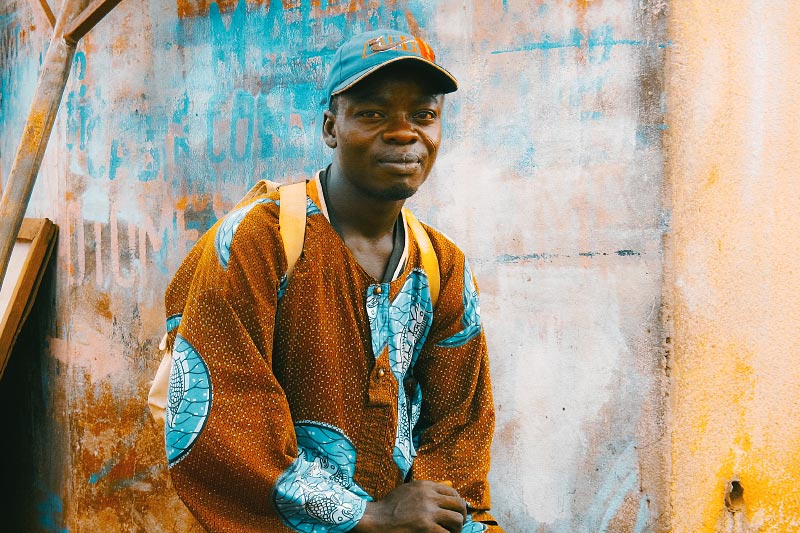
Keep In Touch